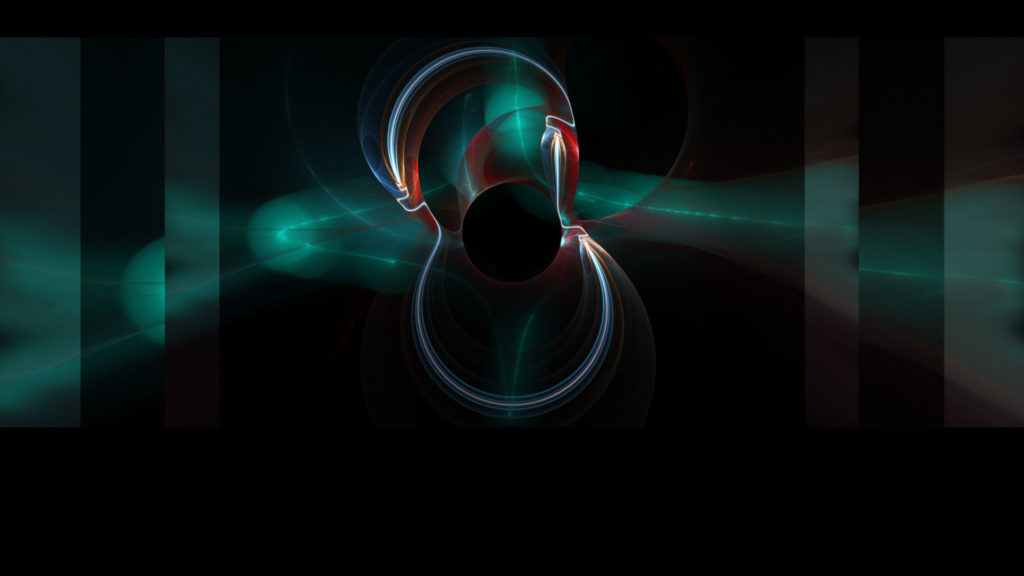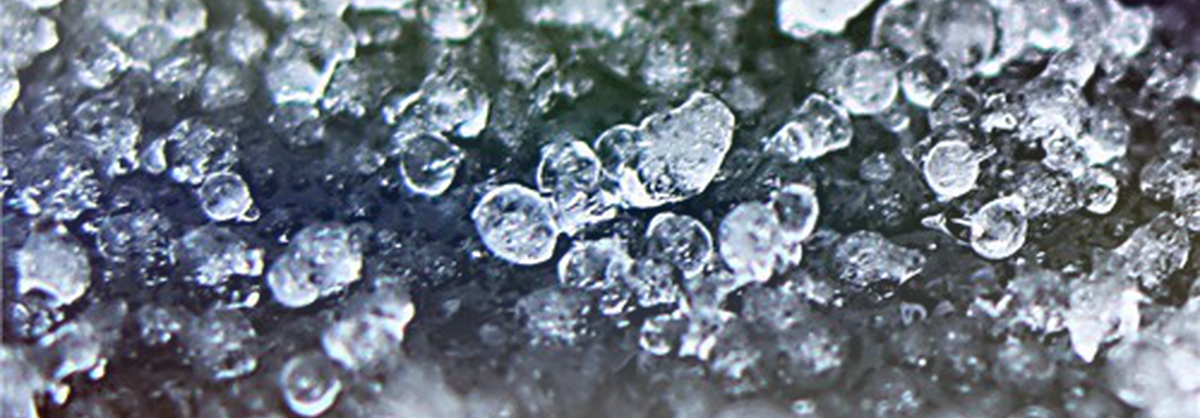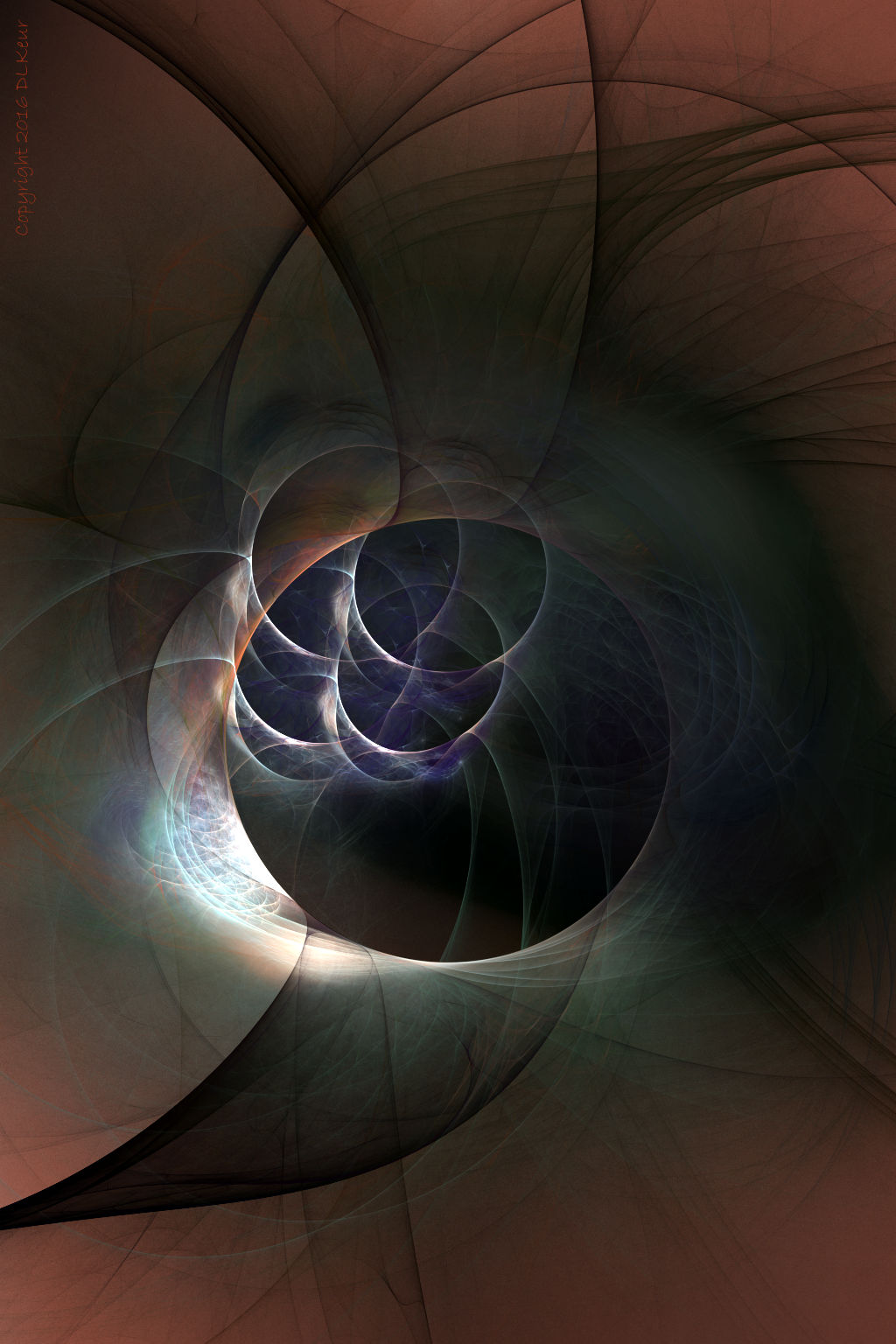
So, for the last three months, I’ve been eyeing my pianos — my acoustic pianos — thinking, I really ought to get back to playing regularly …get back to serious practice. After all, I’m not writing novels or books, right now (though that itch has been making itself known, too). I’ve successfully resisted the idea, though. It would mean getting a piano tuner/piano repair person in to go through both instruments — expensive (VERY).
Yesterday, along comes my husband (via cell phone conversation), who asks: “What would you think about playing piano, again? …As part of zentao, the music. I mean actually performing.”
I gulp, thinking about all the work and expense that means, me getting my chops back along with potentially having to restring and refelt one or both of my pianos. I mean, they’re both antiques, now, the upright grand built in 1917, the spinet in the 60s. And they’ve been moved and moved and stored and moved, again.
Then Forrest starts talking his musical Geek Speak — MIDI triggering, patching into the sound system, and a bunch of other jargon that I don’t understand.
Ummmm….
He talks on, speaking dreams and wishes, visions and hopes. I listen, my brain reeling as it starts connecting dots here and dots there. He’s not talking acoustic piano. He’s talking digital. Wow.
As he elaborates, I’m getting more concerned, more wary, and, simultaneously, more relaxed to the idea. I have the training and skill, though, as mentioned above, I’m very out-of-practice. And I can hear his excitement at the potentials he envisions, the first tune he wants to do being a Michael Hedges piece. He’ll arrange it tonight for me to play.
Now, we own three electronic keyboards. But we don’t (…or didn’t) own a digital piano, which is a completely different instrument.
He’s set on a VERY expensive keyboard he’s read the specs on. Meanwhile, I’m frantically doing a search for digital pianos. The keyboard he’s talking about is or can be a digital piano. It has the weighted keys. But it is not a digital grand. It’s a professional keyboard, designed for triggering stuff I don’t understand. A digital grand piano, on the other hand, is, in fact, a fully sampled grand piano.
As he talks to me throughout the day, I feel the inevitability. This is going to happen. It’s only a matter of ‘when’, and, since we’re both ‘now’ people, I realize that, yep, I’d better find what I want, and it has to be something we’ll both be happy with.
Yamaha makes the very best digital grand pianos. I hit Yamaha USA. I study the specs. I also go check out the unit he wants, and, no, it’s NOT a digital grand piano, which is what I want. Back to the digital grands. I read through the specs, the features. I look at the reviews of the one that first caught my eye. I check out the one I tried over in Spokane in July, a unit sitting on the main floor at Hoffman’s Music. I liked that unit. A lot. And it wasn’t over-the-top expensive. My eye travels back to the top-of-the-line model. Sigh. It’s got the top-of-the-line sampling, the GHS keyboard, and the damper resonance enhancements, which makes it act, play, and sound like a top quality acoustic grand.
Without telling him of my decision, I order one, and I order the three pedal add-on, because I play Rachmaninoff, not just Bach and Chopin. I need all three pedals, thanks. Would feel lame without them. Deal done, I text him about it. He’s good about it. In fact, this morning, he’s excited — more excited than me.
Me? I’m okay with the idea. I’m resolved to the fact that, yes, once again I’m going to be working very hard to get myself up to speed …up to the performance level he needs for what he envisions. Luckily, the piano is an easier instrument to play than the flute. (Yes, really.) I’m in for a grand — a digital grand. It’s coming in Friday.








